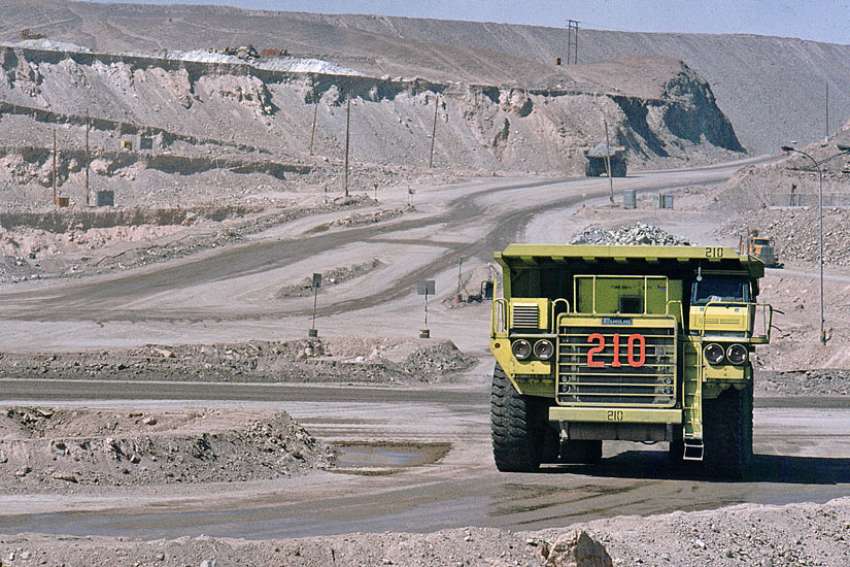The decision is a victory for both Canadian mining watchdogs and El Salvador’s Catholic bishops who opposed both mining in El Salvador and use of the World Bank’s commercial court to extract money from a sovereign nation.
San Salvador Archbishop Jose Louis Escobar Alas and the El Salvador bishops’ conference campaigned hard to have their government ban mining in the tiny Central American nation in 2007, citing environmental concerns that could potentially devastate the country.
Escobar was aghast when Pac Rim Cayman used the terms of a free trade agreement between the U.S. and Central America to sue for profits the mining company thought it might have earned if it had been granted a mining permit.
The legal case dragged on for eight years. The three-person panel that adjudicated the case in Washington found unanimously in El Salvador’s favour and the decision was made public Oct. 14.
Even though the result favoured El Salvador, the problem of secretive investor dispute panels used to extract money from governments under the terms of free trade agreements remains, said MiningWatch Canada spokesperson Jamie Kneen.
“El Salvador has not won anything in this arbitration. El Salvador had to pay more than $12 million just to defend itself,” Kneen said in a story posted to MiningWatch Canada’s web site. “These legal costs are enough to pay for over two years of adult literacy classes for 140,000 people.”
OceanaGold expressed its disappointment with the decision.
“From the beginning... (OceanaGold’s) goal was to reach an amicable resolution of this matter which would benefit all parties,” said a news release.


